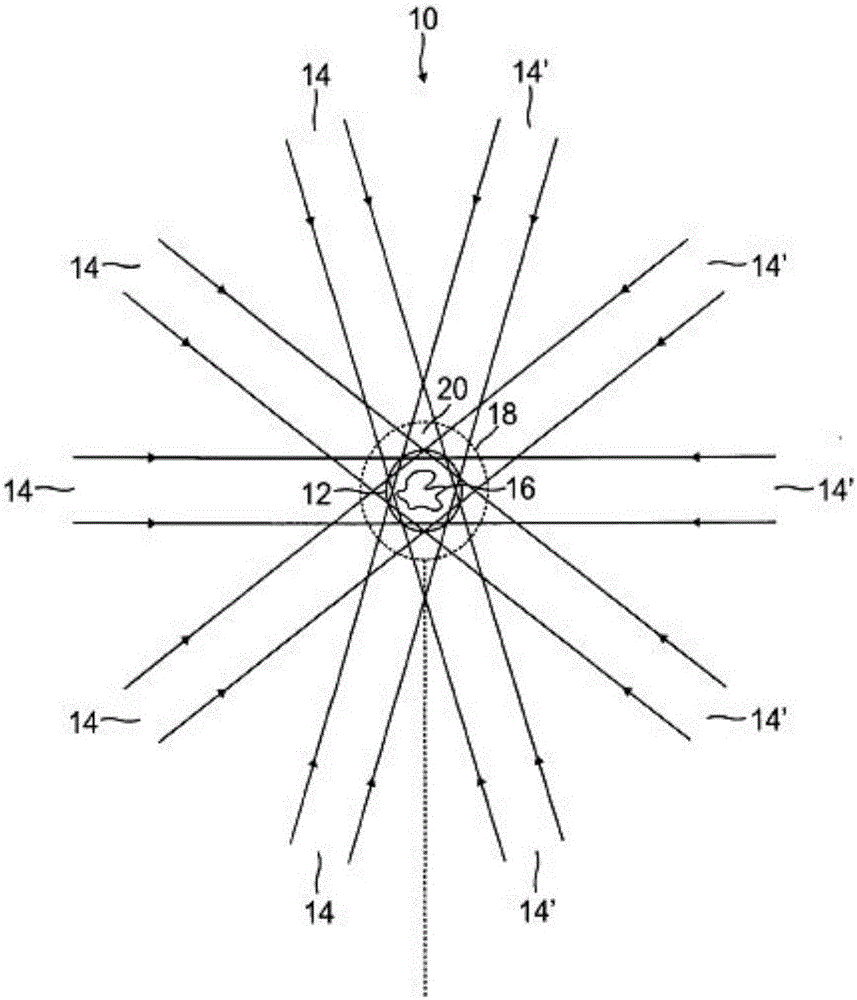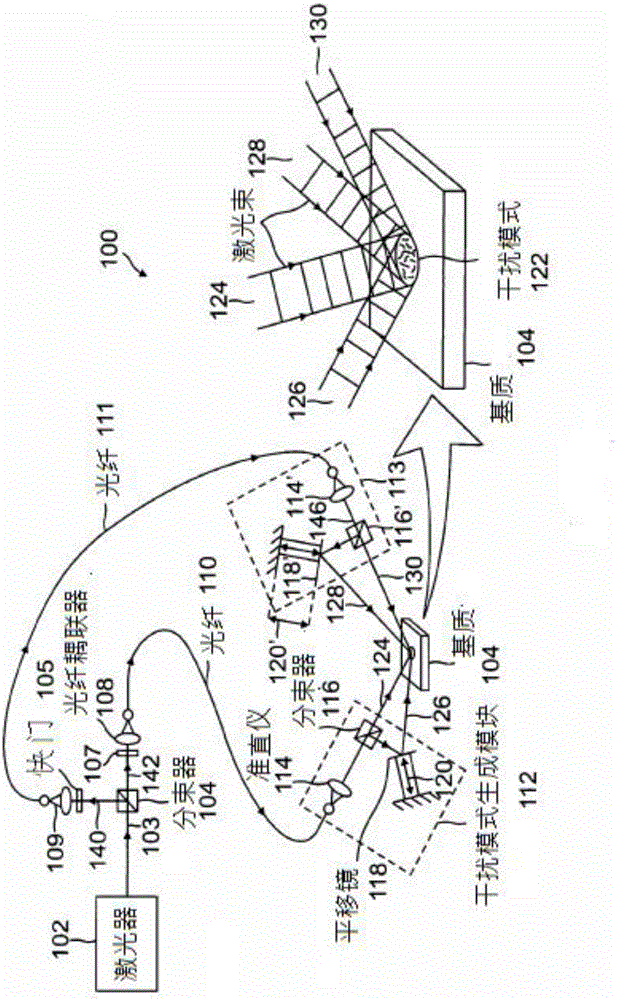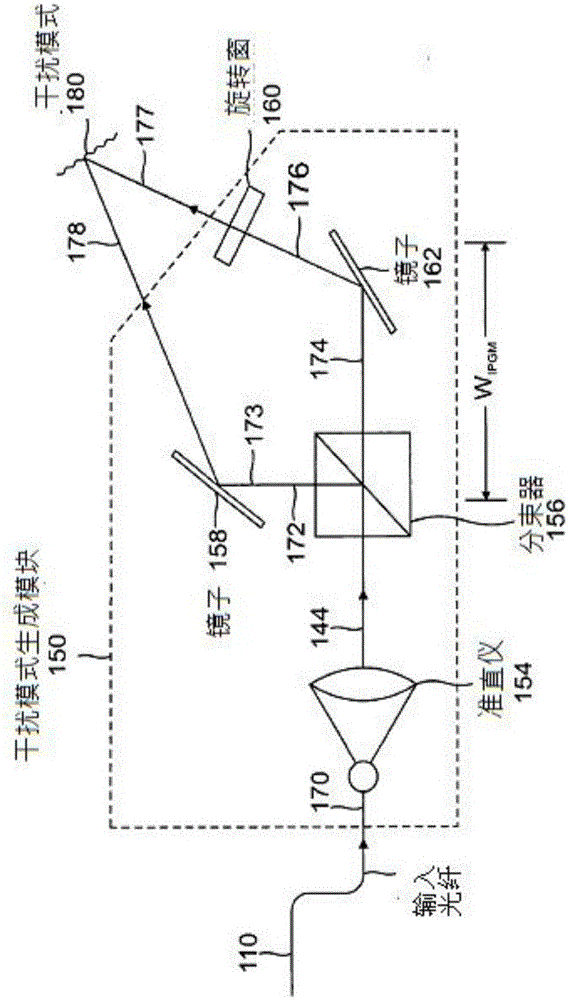Molecular imaging and related methods
A single-molecule imaging and target molecule technology, applied in molecular imaging and related fields, can solve the problems of self-quenching, difficult synthesis and purification of oligonucleotides, and easy denaturation of signals.
- Summary
- Abstract
- Description
- Claims
- Application Information
AI Technical Summary
Problems solved by technology
Method used
Image
Examples
Embodiment Construction
[0021] The present invention relates to the imaging of single molecules, or one or more collections of single molecules, and methods related to imaging.
[0022] Methods for single-molecule imaging typically include the following steps: 1) Expose a test sample (i.e., organism, exosome, tissue, or cell) to a probe—where the probe includes a molecule that specifically binds to a target molecule (i.e., RNA, protein, small molecule). ) and a moiety detectable due to one or more chemical groups that interact with light at one or more wavelengths or modified to include one or more chemical groups that interact with light at one or more wavelengths A moiety-probe of multiple chemical groups binds to a target molecule, forming a complex; 2) exposing the complex to one or more wavelengths of light that interact with the one or more chemical groups; 3) Light interacting with said one or more chemical groups, detecting the resultant interaction with one or more wavelengths thereof, gener...
PUM
 Login to View More
Login to View More Abstract
Description
Claims
Application Information
 Login to View More
Login to View More - R&D
- Intellectual Property
- Life Sciences
- Materials
- Tech Scout
- Unparalleled Data Quality
- Higher Quality Content
- 60% Fewer Hallucinations
Browse by: Latest US Patents, China's latest patents, Technical Efficacy Thesaurus, Application Domain, Technology Topic, Popular Technical Reports.
© 2025 PatSnap. All rights reserved.Legal|Privacy policy|Modern Slavery Act Transparency Statement|Sitemap|About US| Contact US: help@patsnap.com



